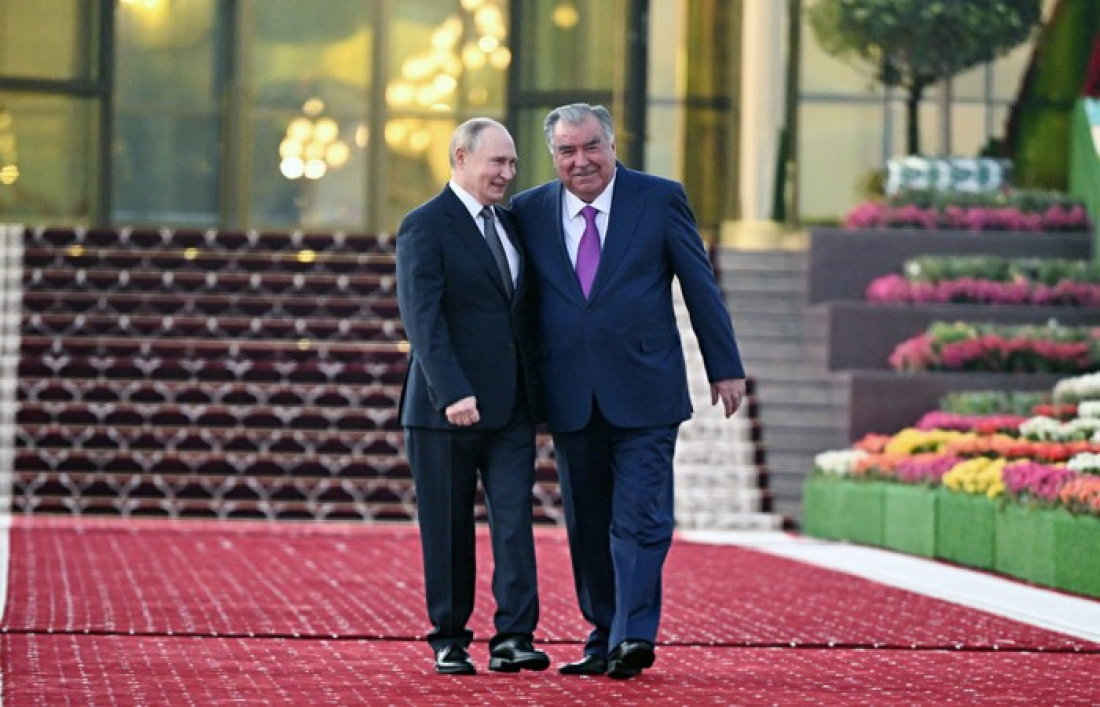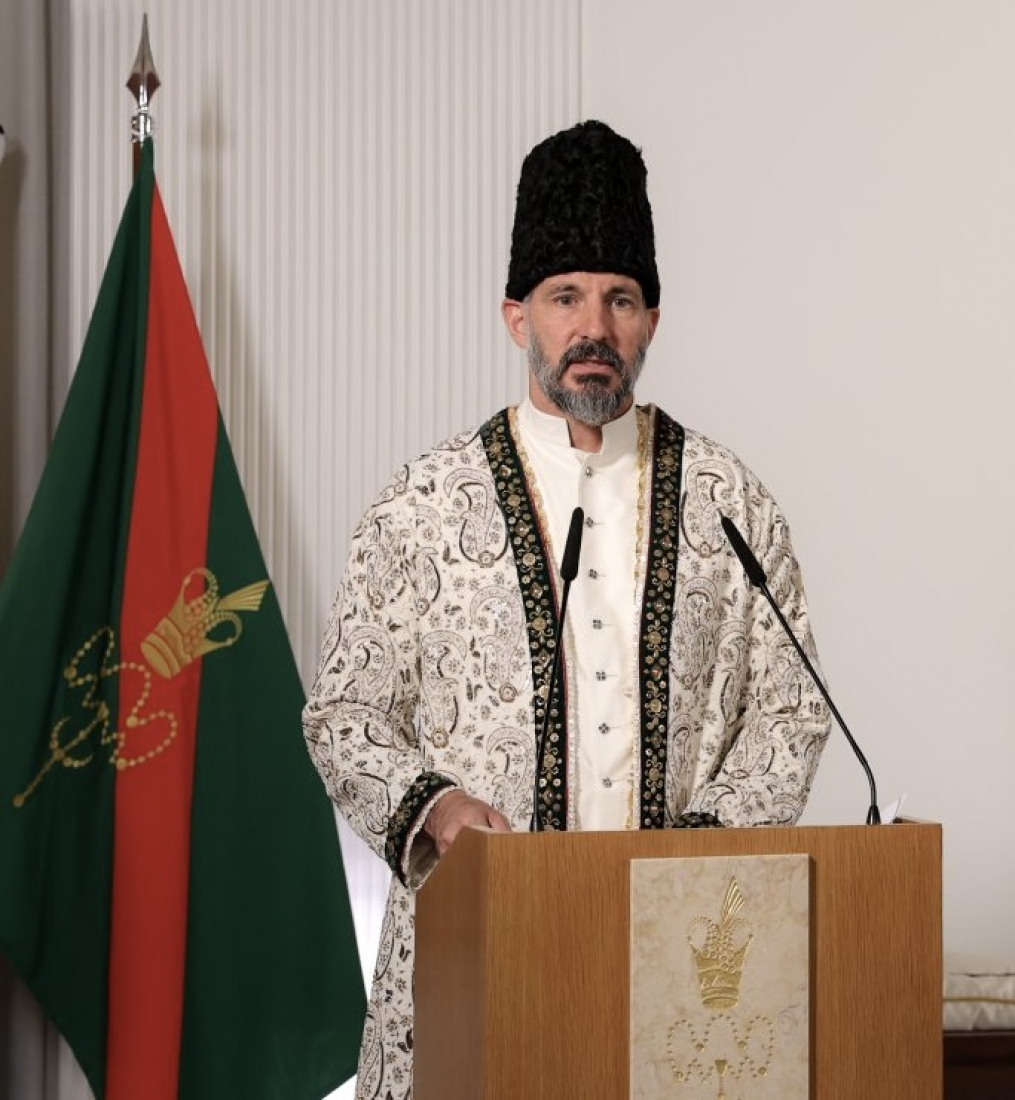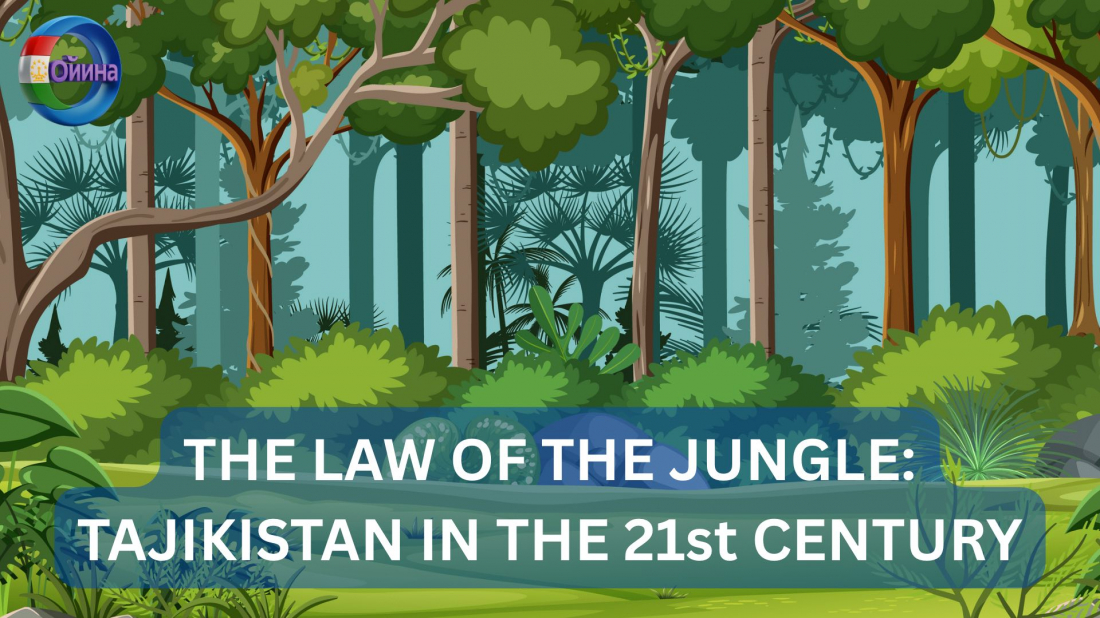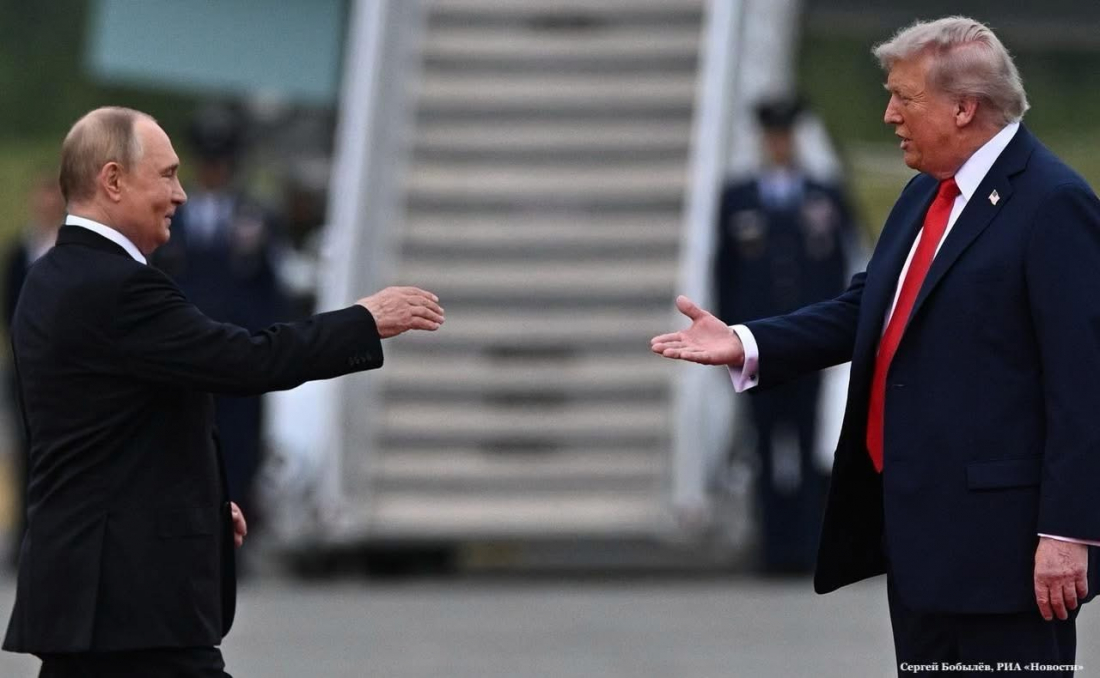
Central Asia – A New Battleground for Western and Russian Competition in the Global Energy War
The United States and the European Union are actively seeking to replace Russian energy supplies by reaching out to oil-producing countries, while the global energy crisis has already made itself felt in Sri Lanka.
The people of Sri Lanka, faced with fuel shortages and rising prices for goods due to increased fuel costs, erupted in protests, seized the presidential palace, and set fire to the prime minister's residence. The president of Sri Lanka fled the country, and the prime minister, who had stated that he would remain in power until the new prime minister arrived, saw his house consumed by flames.
**Outcomes of the Caspian Summit and the Suspension of Kazakh Oil Exports to Europe**
After the start of the war between Russia and Ukraine, the energy war between the West, the United States, and Russia intensified the global energy crisis, leading to a competition for control over energy resources on all fronts. Recently, the Caspian countries held a summit in Turkmenistan with the participation of their leaders, which sparked numerous discussions and subsequent events. From the cold reception of Vladimir Putin at the airport in Turkmenistan to the suspension of Kazakh oil exports to Europe and the unrest in Karakalpakstan, Uzbekistan—these all reflect the consequences of this summit.
The energy war between the West and the United States and Russia is being fought on multiple fronts, and its scope has extended to Central Asia. The summit of the Caspian countries highlighted the importance of the energy issue in the world, and the events that followed revealed deepening rifts between these nations.
A few days after this summit, where Vladimir Putin on one side and the West in cooperation with some regional countries on the other aimed to control the region's oil and gas resources, the divisions became more apparent. Unrest broke out in the Autonomous Republic of Karakalpakstan in Uzbekistan, which was allegedly instigated by a "third party." Then, in early July of this year, Russia, under the pretext of an accident or malfunction in part of the Kazakh oil export pipeline passing through the Caspian Sea and Russian territory, suspended its operation for 30 days.
Rashid Zhaksylykov, chairman of the Council of the Union of Oil Companies of Kazakhstan, told Radio Azattyk that Russia could intentionally create problems in this sector to temporarily halt oil production and artificially create an oil shortage, thereby pressuring the Kazakh government.
The German publication "Handelsblatt" also wrote in its analysis that Russia had deliberately suspended the pipeline transporting Kazakh oil to Europe. The publication dismissed the possibility of pipeline damage due to a severe storm or its malfunction as unrealistic.
Meanwhile, after this incident, Kazakhstan's President Kassym-Jomart Tokayev emphasized the strategic importance of the issue and instructed his cabinet to explore alternative routes for Kazakh oil exports and to activate Caspian Sea ports. He called diversification of exports a necessary measure. Some analysts believe that this move by Russia was Putin's punishment for Tokayev's outspoken opposition to Moscow's official stance and its "special military operation" in Ukraine.
Currently, Russia is making every effort to pressure the West and the United States in securing oil and gas supplies. Iran, a country with vast oil and gas reserves, is aligned with Russia. Venezuela, also rich in oil resources, has been acting in line with Russian interests. China, by increasing its purchase of oil from the Persian Gulf countries, particularly Saudi Arabia, has prevented more of it from being supplied to the West and is aligned with Russia. Saudi Arabia, concerned that Russia, in cooperation with Iran, might cause significant damage to its oil facilities through Yemen, has refrained from serious cooperation with the U.S. and Europe after the Ukraine crisis. Qatar, despite having oil and gas reserves, cannot fully meet the needs of the West and the U.S. and is also acting cautiously due to consultations with Tehran and fear of potential repercussions from Russia. In short, Russia has cast a shadow over the entire region and is striving to keep global energy resources under its control.
Meanwhile, the U.S. and the West also have their plans, and Joe Biden is scheduled to meet with the leaders of Saudi Arabia and other regional countries during a planned visit to the Middle East. The main topic, of course, will be the energy crisis, and recently, relations with Turkey have also improved.
The "Sado va Simo" news agency, in its analysis of this issue, wrote that Turkey, being a skilled trader, initially positioned itself as a neutral party and mediator between Russia and Ukraine at the start of the Ukraine crisis. However, after some hesitation, it agreed to the accession of Sweden and Finland to NATO in exchange for certain concessions from the U.S. Despite its differences with Israel, Turkey is working together with Israel, Arab countries, and the Turkic-speaking countries' union to resolve the West's energy issue. The motivations behind the Nagorno-Karabakh war, and Turkey and Israel's support for Azerbaijan in this conflict, were also aimed at opening a direct land corridor between Azerbaijan and Turkey through Armenia, but the only obstacle in this path was Iran's firm stance.
After the cooling of relations between Turkey and Saudi Arabia and Egypt over the issue of the Muslim Brotherhood, Turkey is now getting closer to Saudi Arabia and Egypt. By setting aside the policy of the Muslim Brotherhood, Ankara is attracting the attention of these countries. Israel, which seeks to develop and export oil from the disputed "Karish" oil field with Lebanon with the support of the U.S. and European countries, now, in cooperation with Turkey and Azerbaijan, aims to transport oil and gas from Turkmenistan and Kazakhstan to Europe. However, Russia and Iran, by influencing Hezbollah in Lebanon, are preventing this in the Middle East.
The energy rivalry between Russia and the West in Central Asia is becoming more intense. Kazakhstan is looking to seize the opportunity to reduce its dependence on Russia for oil exports. Currently, about 90% of Kazakhstan's oil exports pass through Russian territory. Kazakhstan plans to achieve this goal through the Caspian Sea transit corridor. Uzbekistan, which took a stand against Moscow at the start of the Russia-Ukraine war, has also shown its desire to break free from Moscow's isolation. The changes in Kyrgyzstan and the rise to power of Sadyr Japarov's team still raise questions about whose "man" he really is. Turkmenistan also took advantage of the opportunity and installed the young Berdymukhamedov as its leader. Now, this country seeks to export its fuel either to Pakistan through cooperation with the Taliban or to Europe through cooperation with Turkey and Azerbaijan.
It is said that over the past two decades, the U.S. and some European Union leaders have tried to attract the attention of the republics of Azerbaijan, Kazakhstan, and Turkmenistan with the Trans-Caspian Corridor project. These three Caspian countries are considered supporters of the project, but Russia and Iran, the other two countries in this region, oppose it.
Kazakh analyst on Caspian issues Olya Boronbayeva recently stated that the Trans-Caspian Corridor has the potential to become the largest transportation route in the world for many Central Asian countries. According to this expert, the Trans-Caspian project could serve as an alternative to the Silk Road in Central Asia through the Caspian Sea.
Recently, the "Reuters" news agency, citing a European source, reported that the European Union wants to become the largest investor in the construction of the Rogun Hydropower Plant in Tajikistan. The main reason for this move is cited as reducing the dependence of Central Asian countries on Russian energy and as a response to China's "Belt and Road Initiative."













